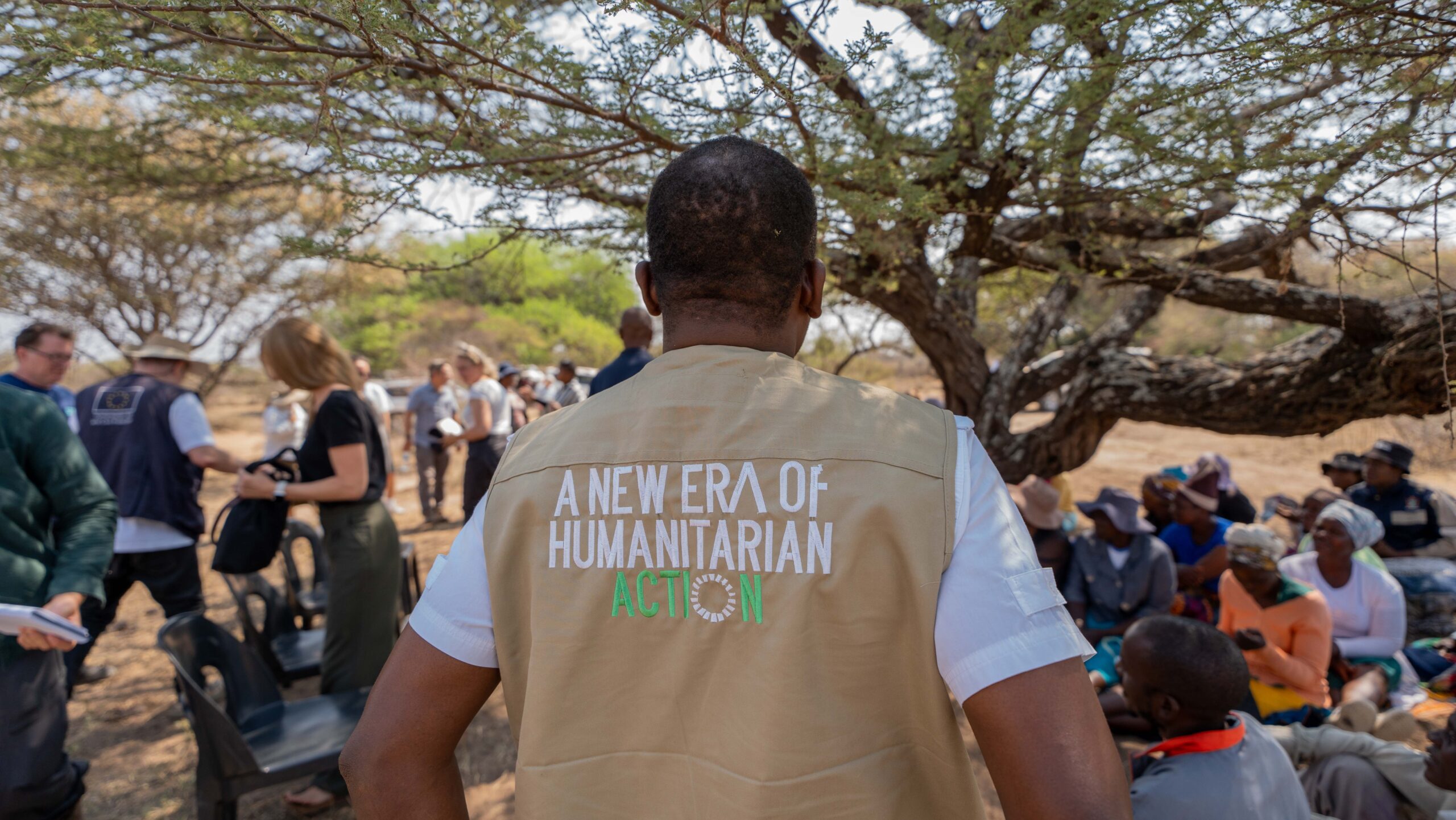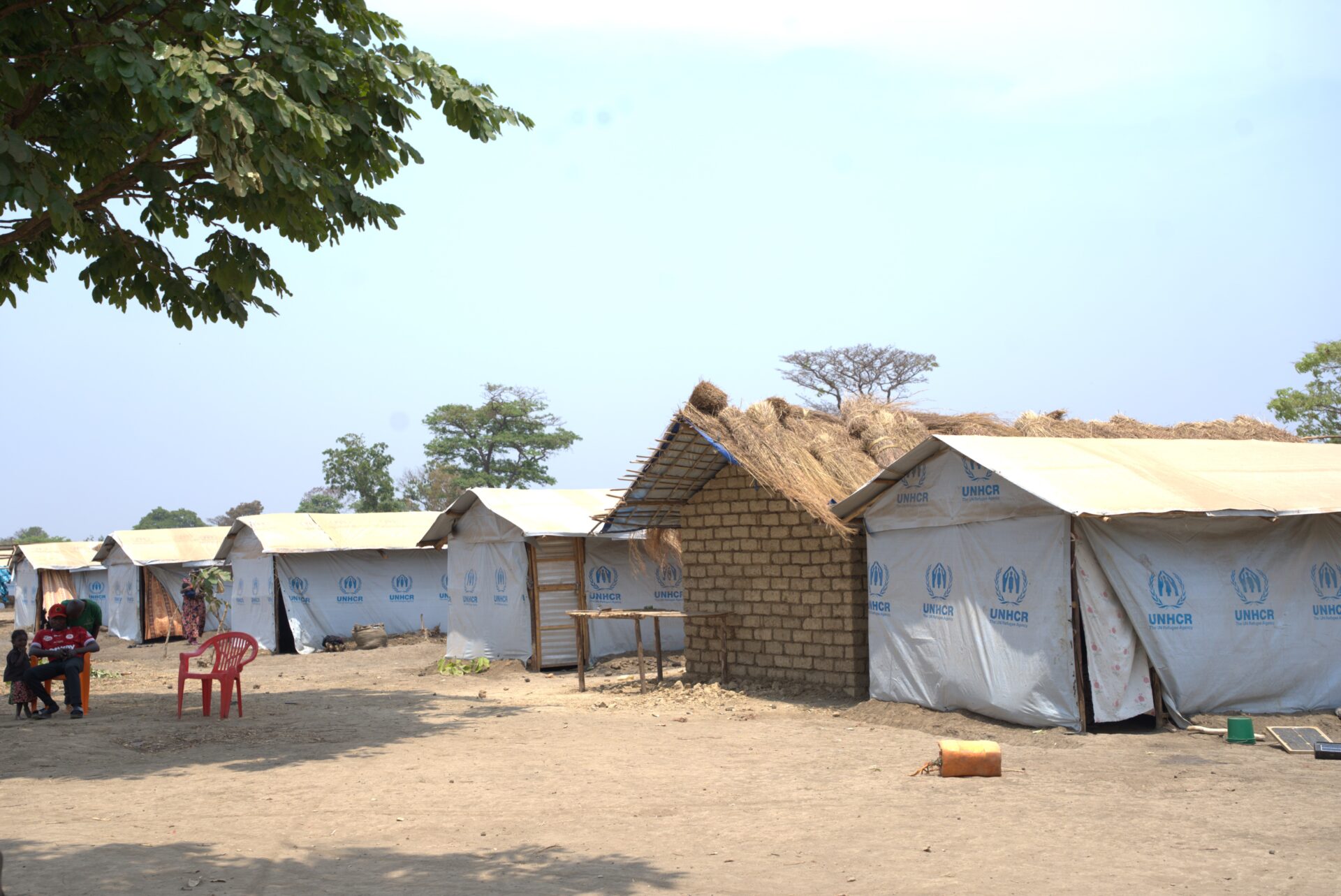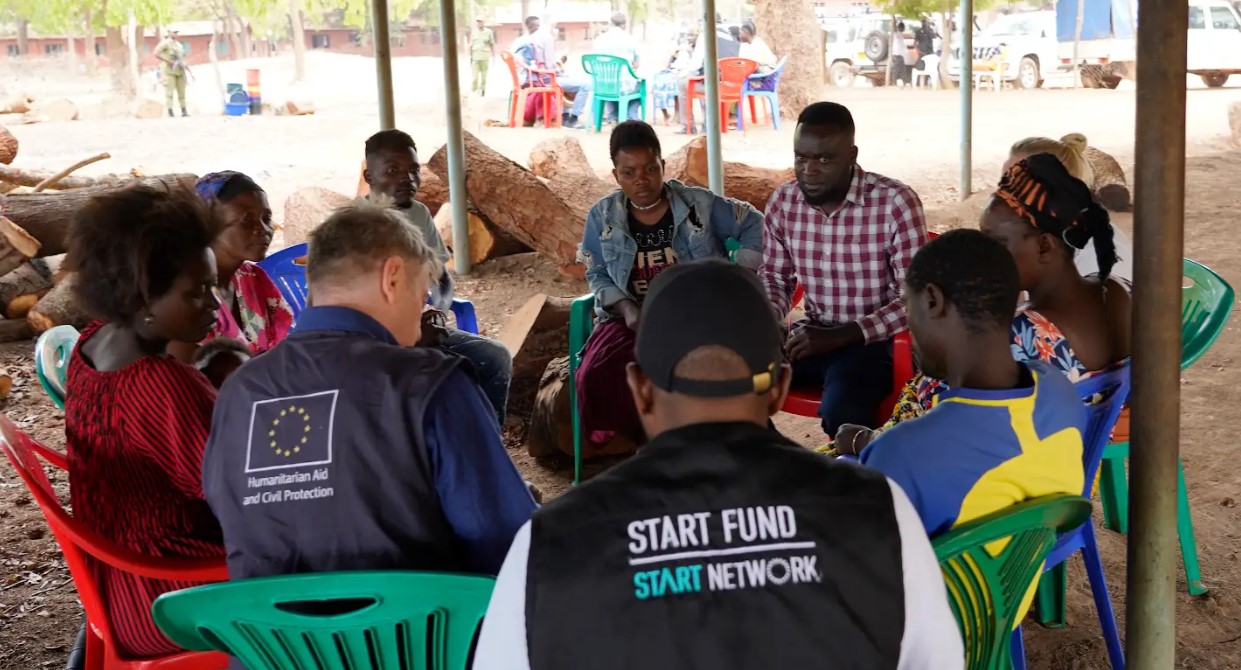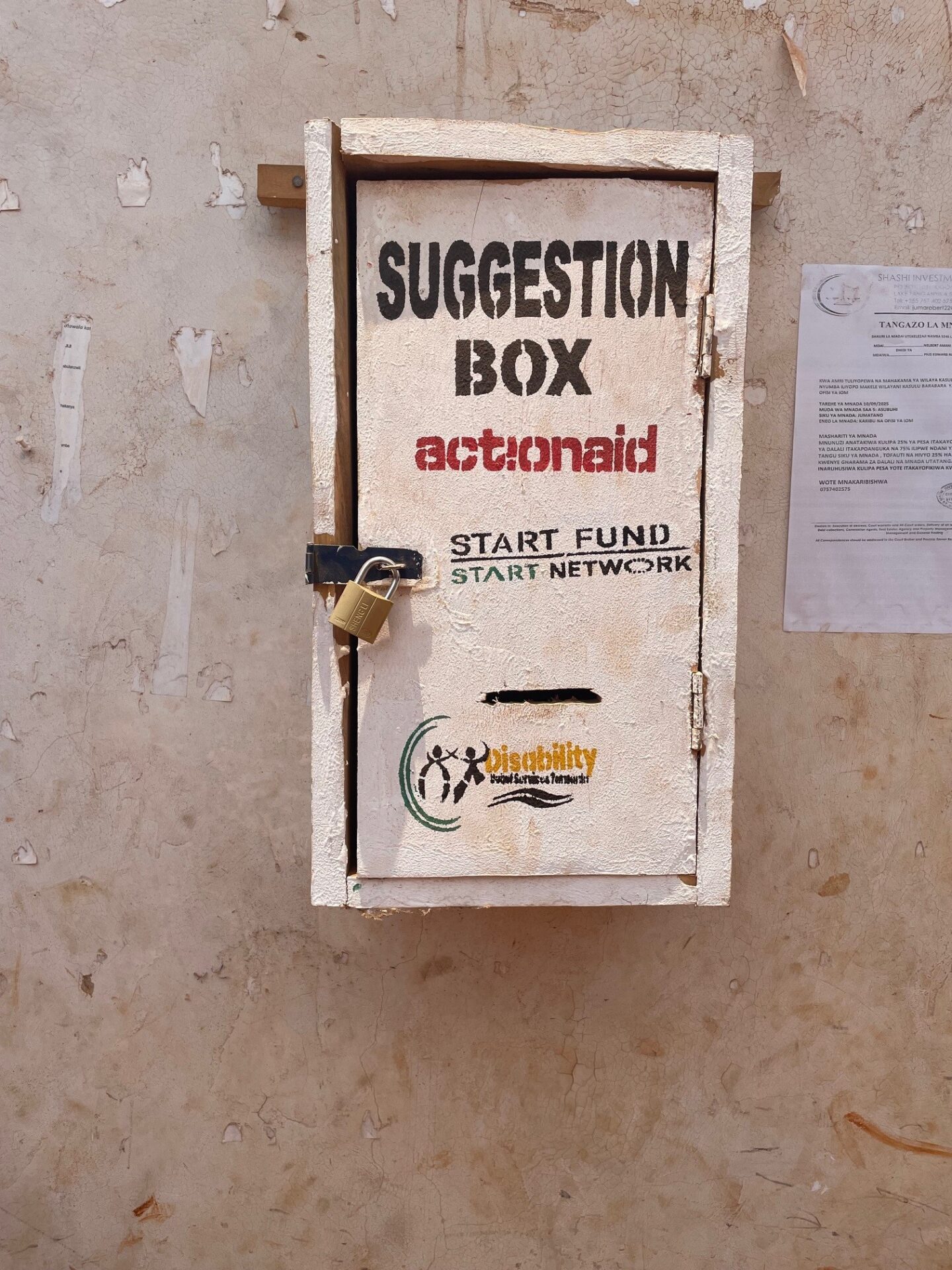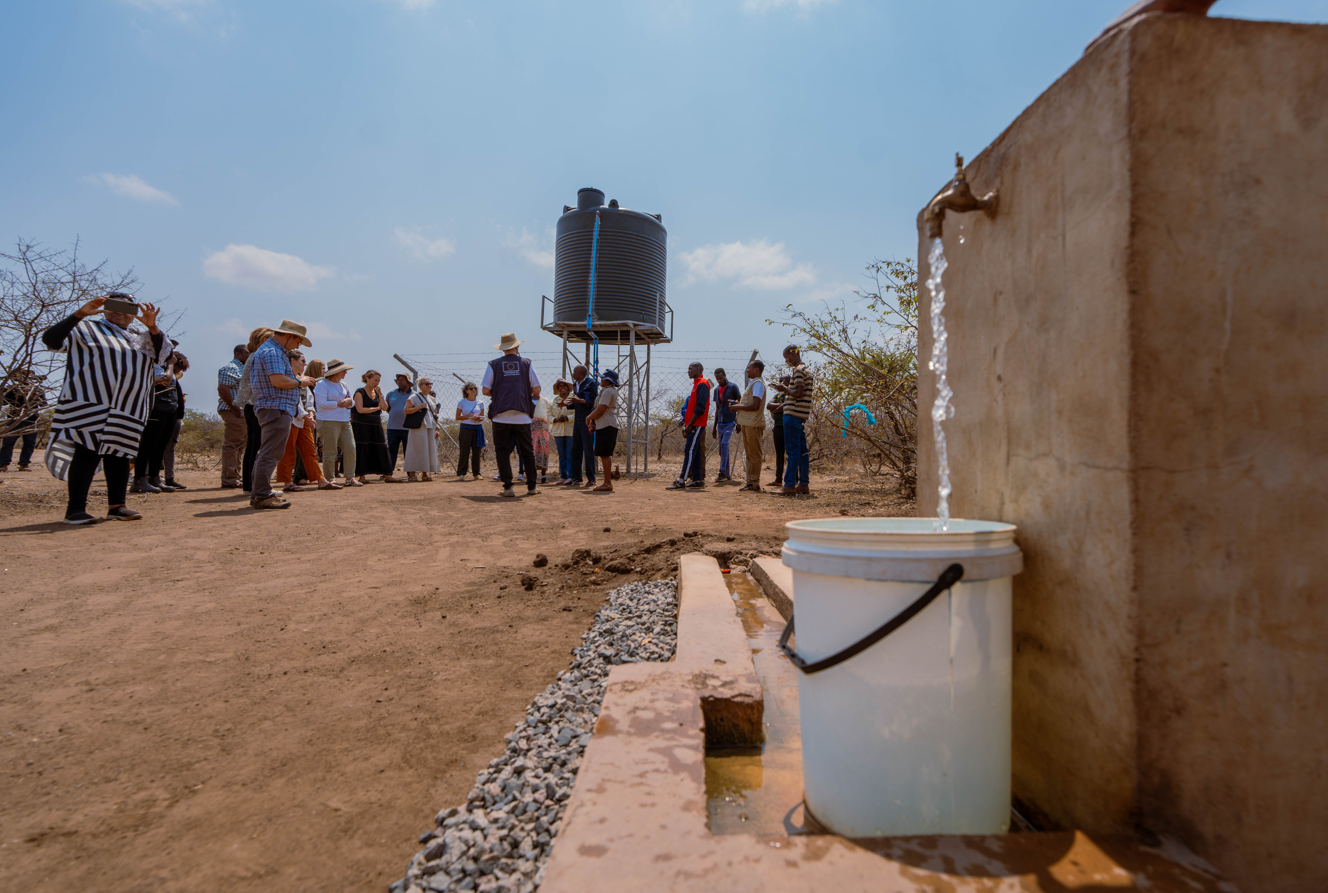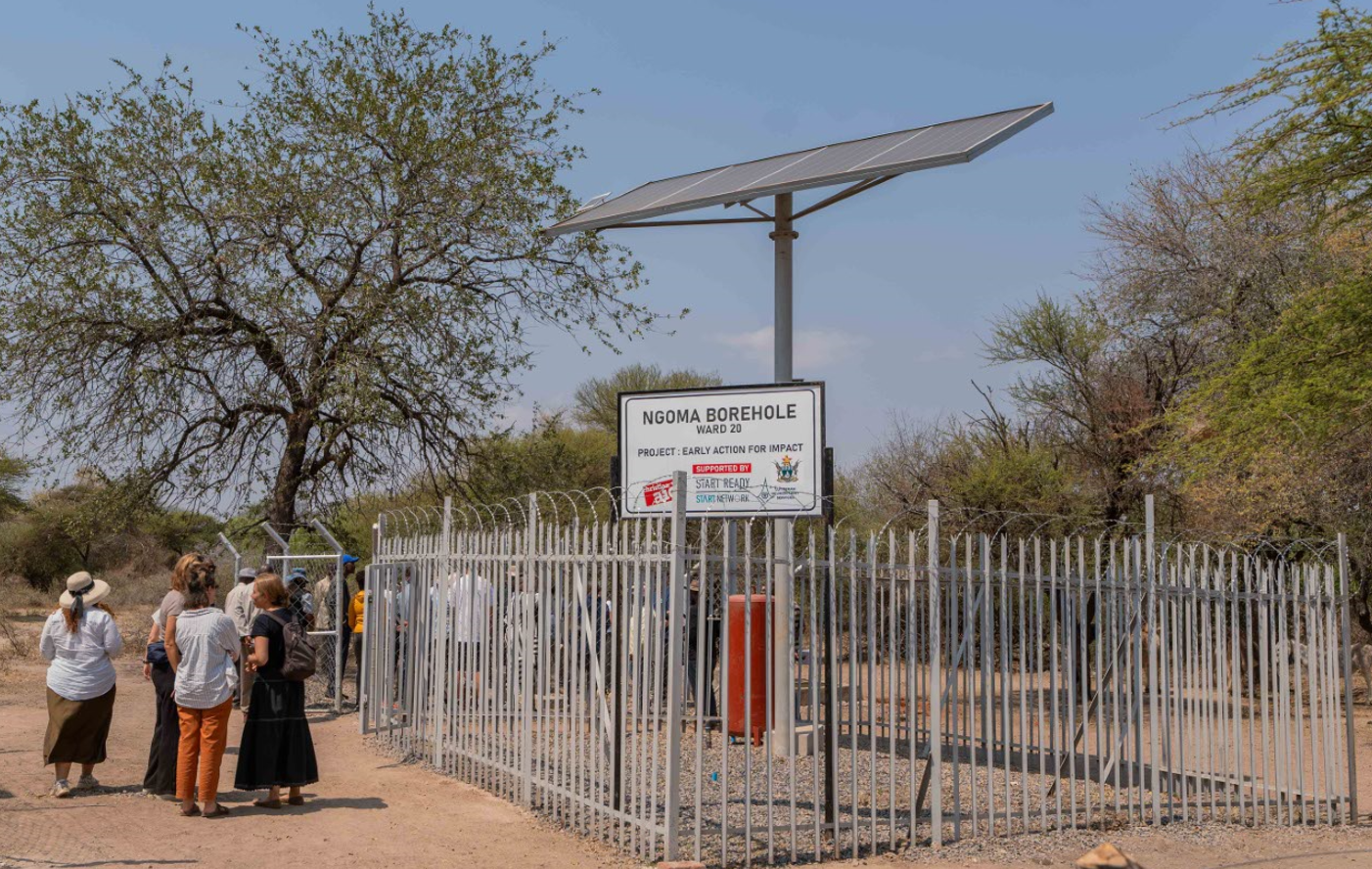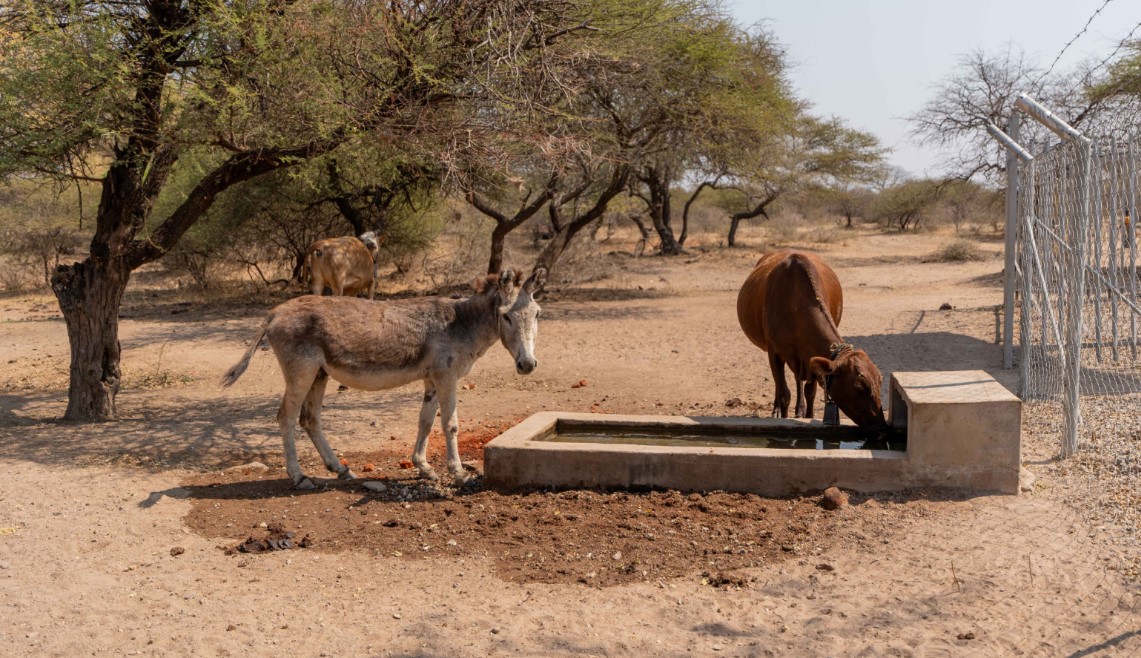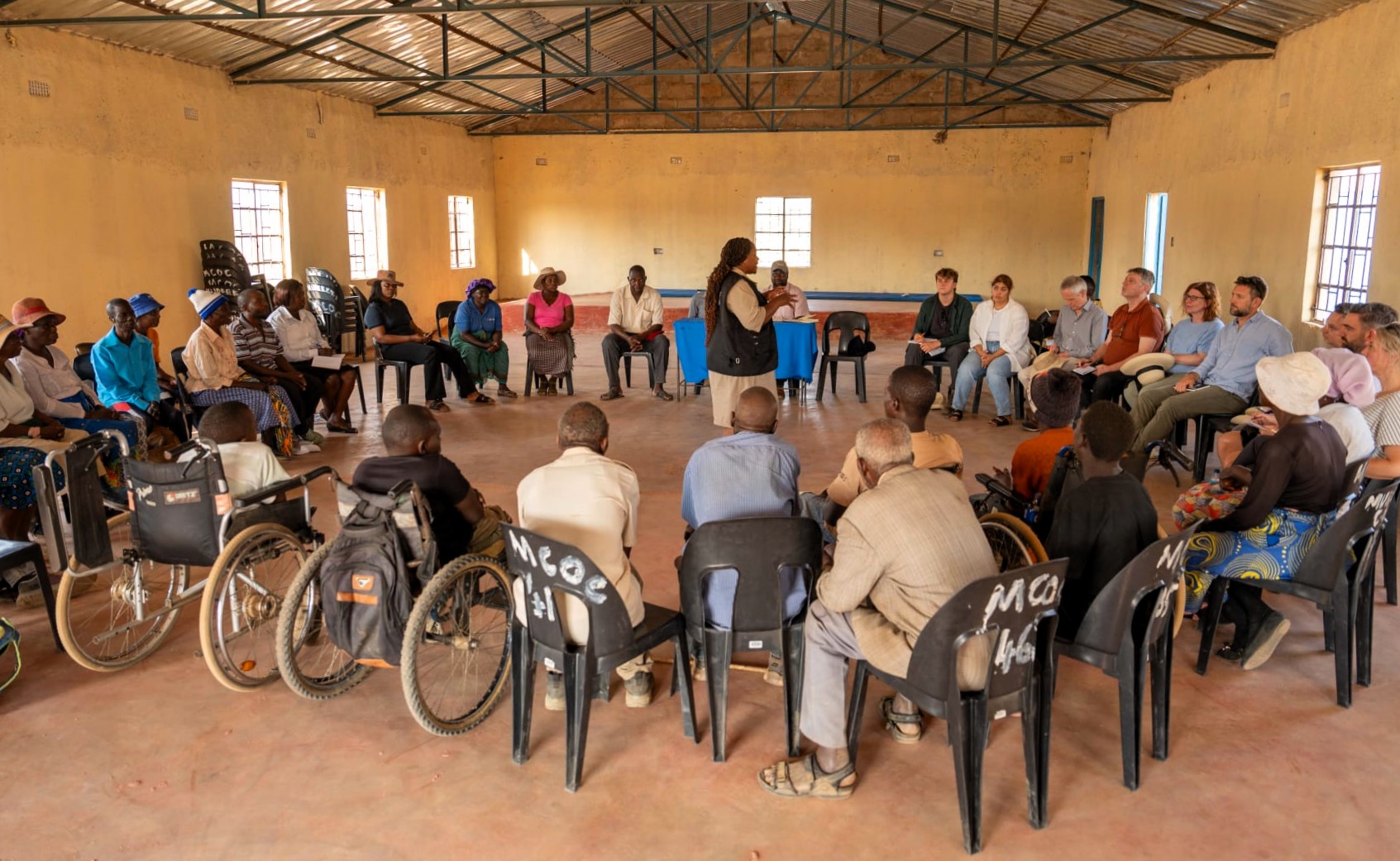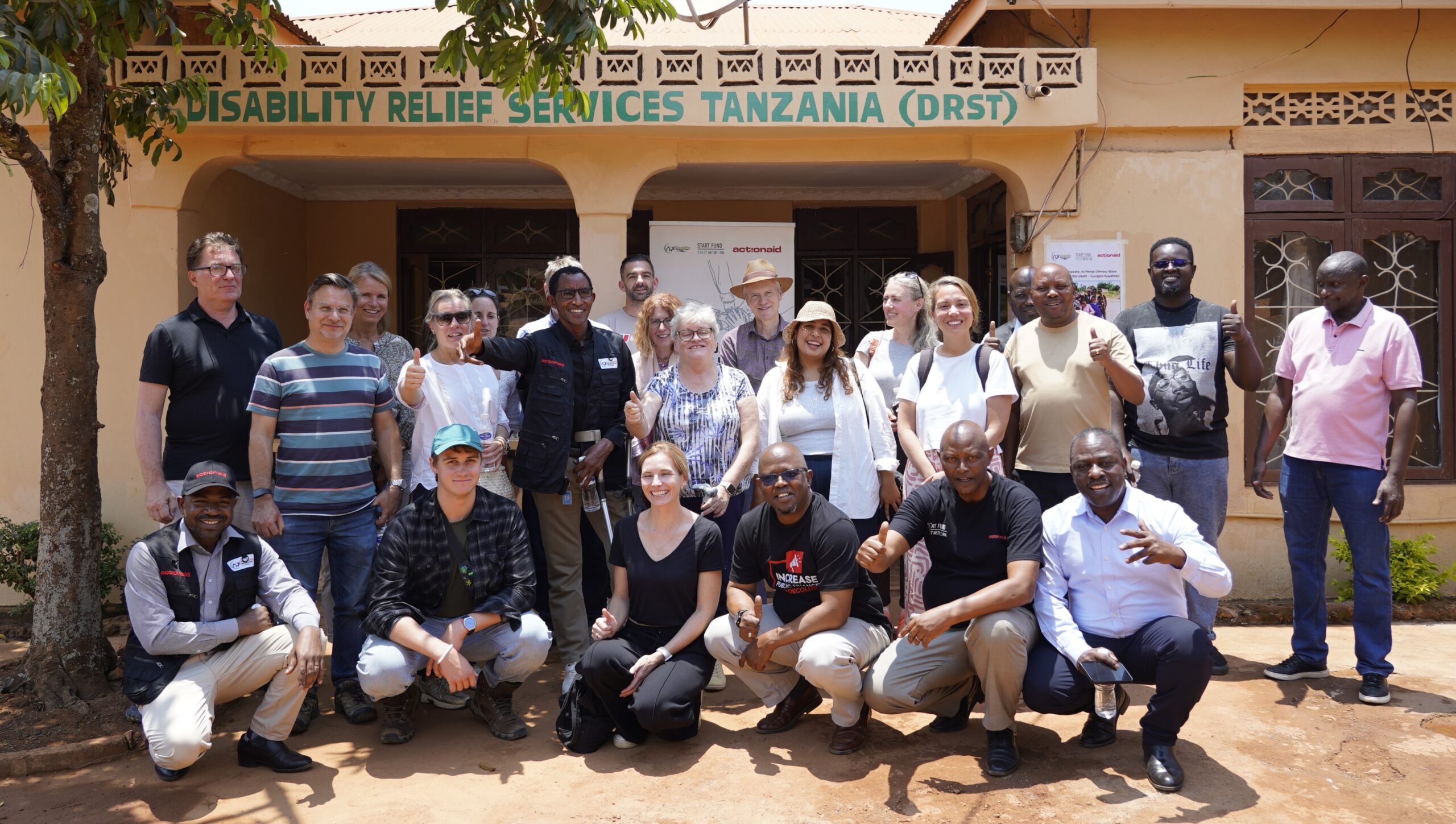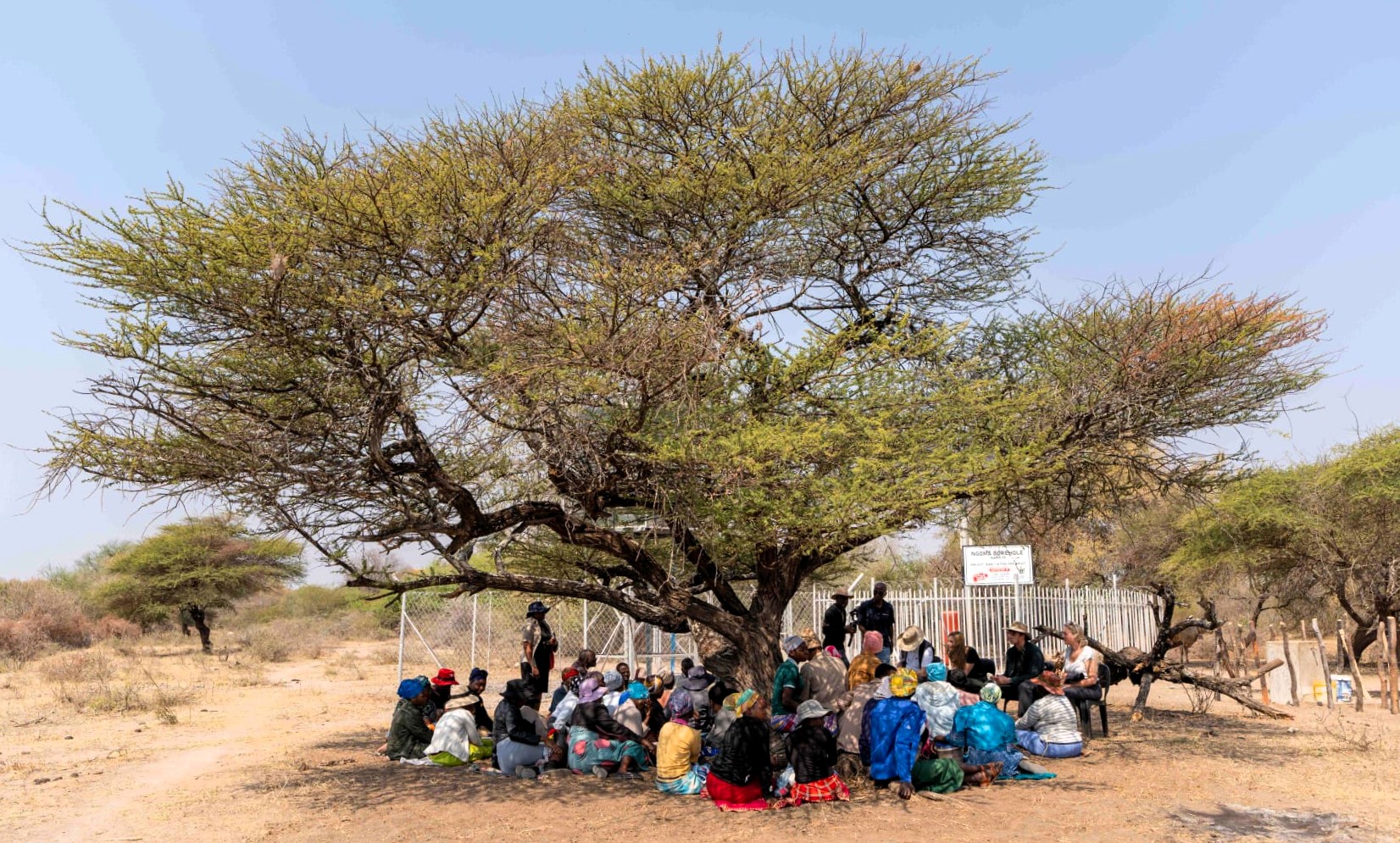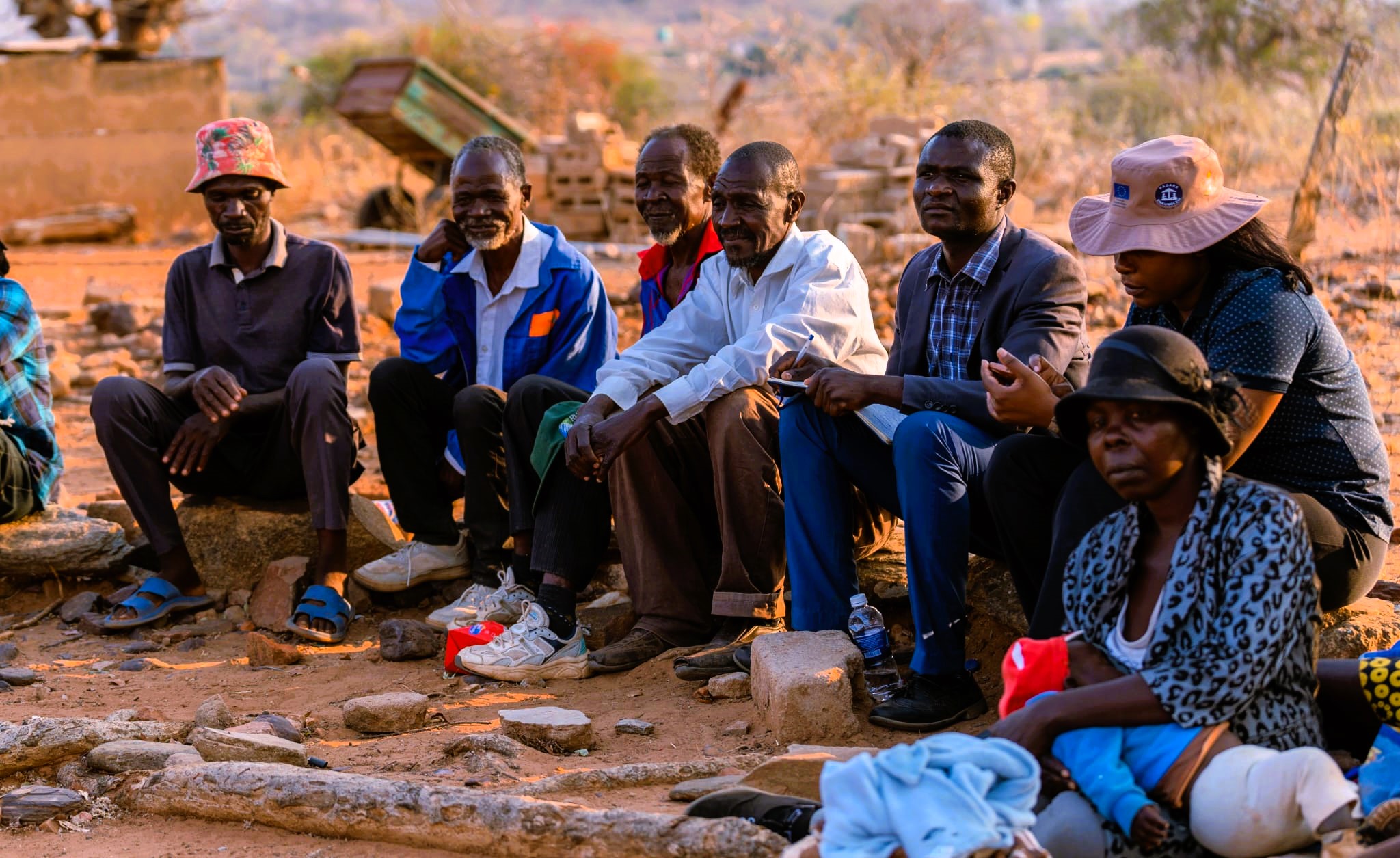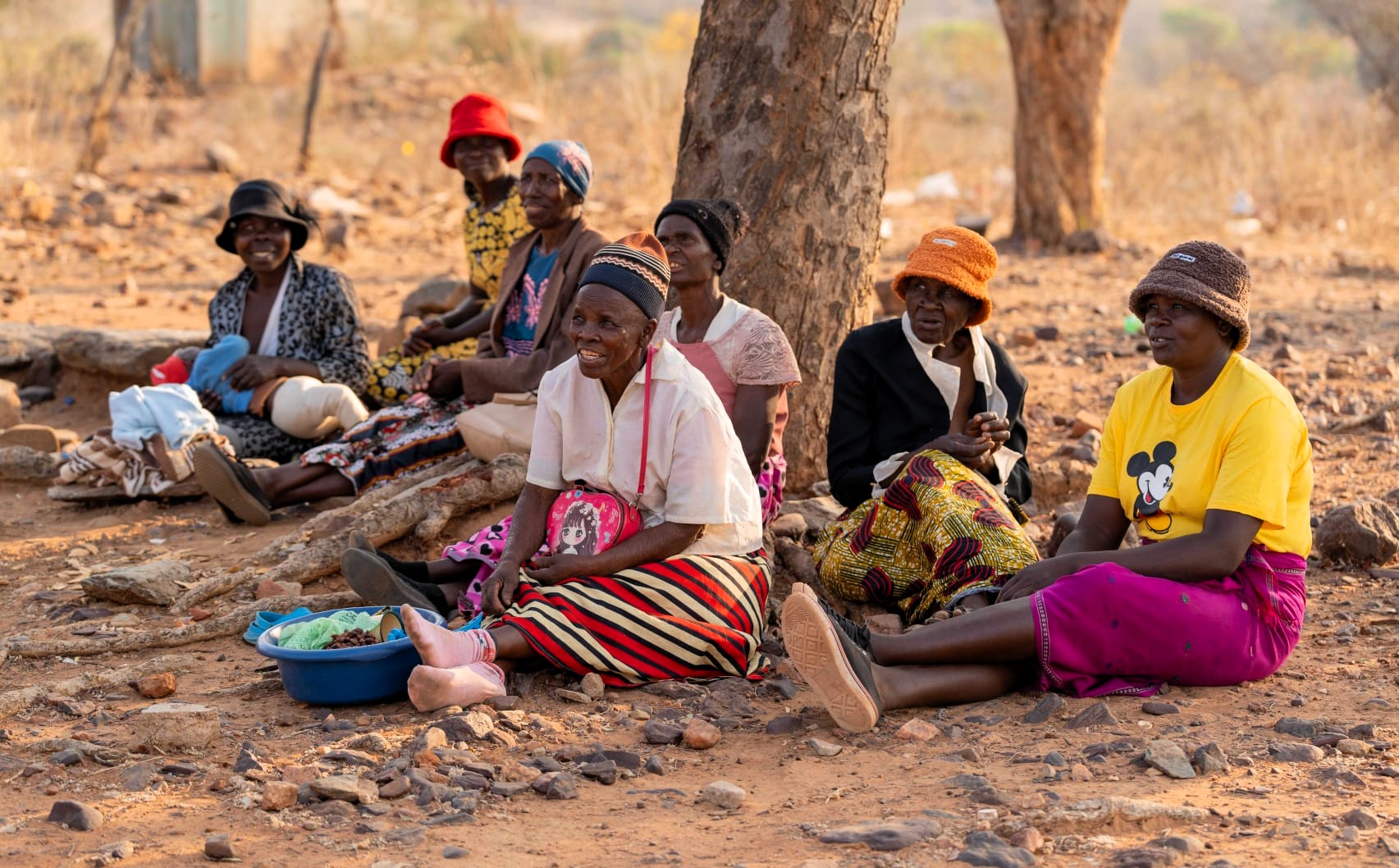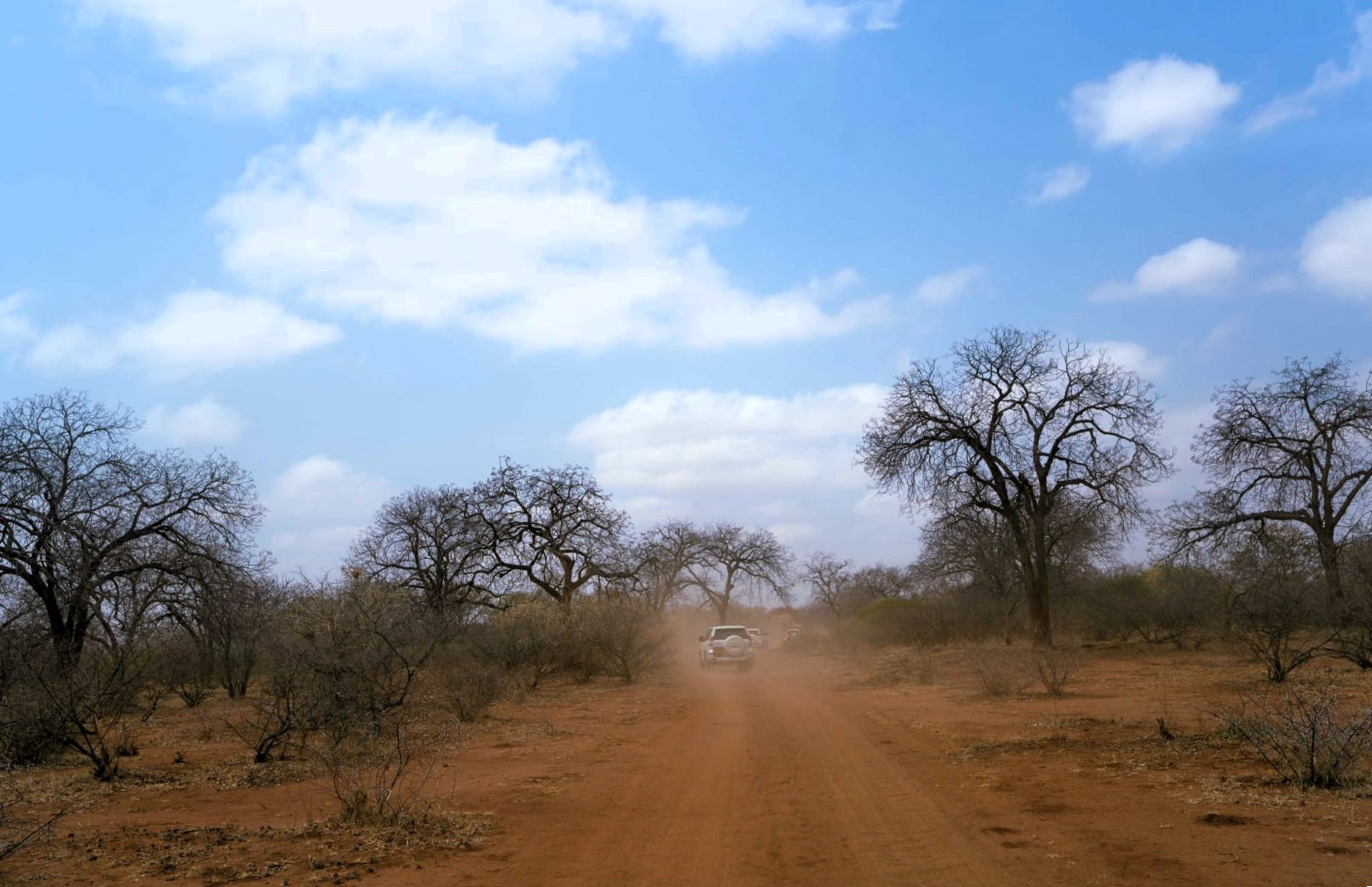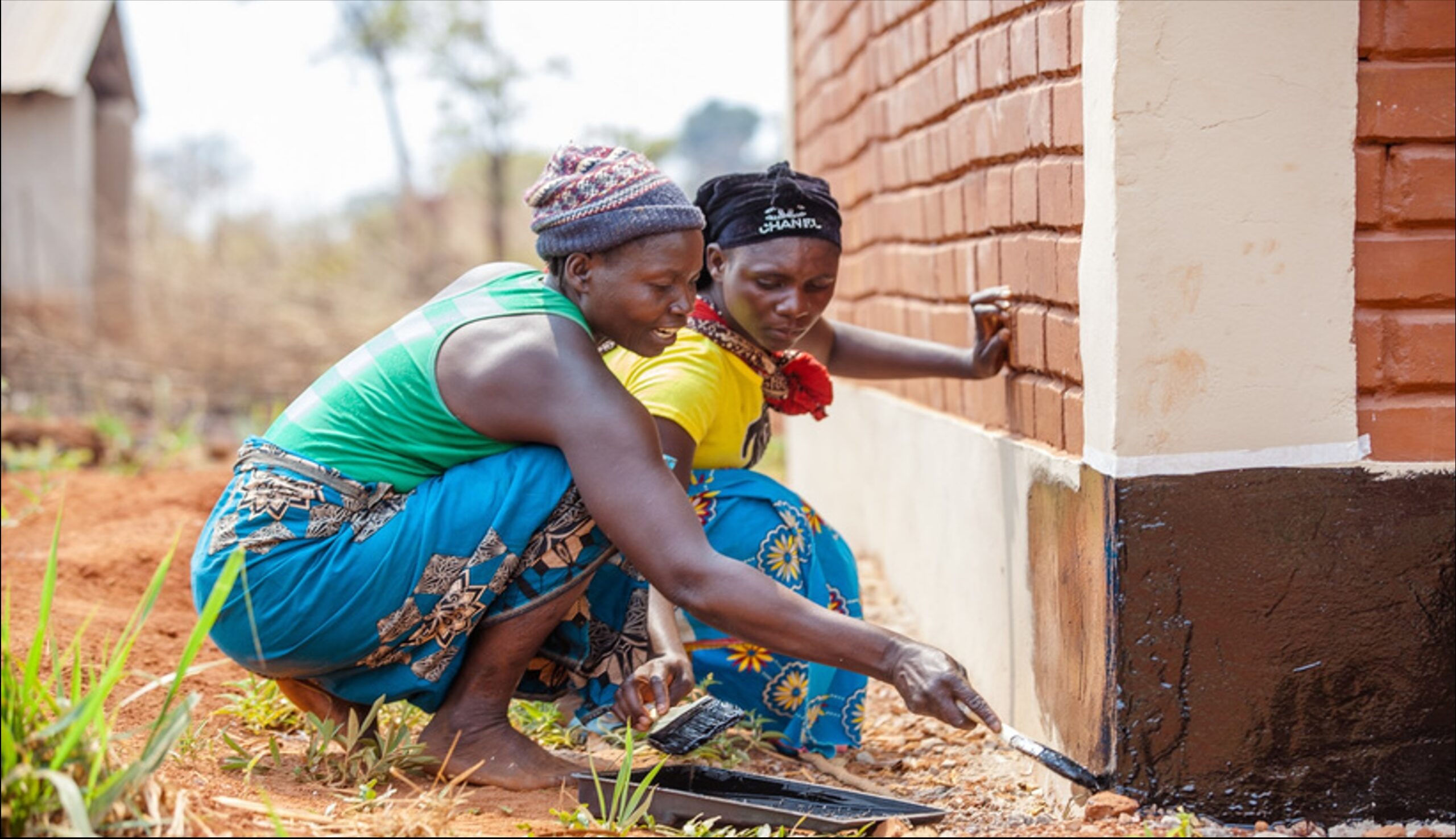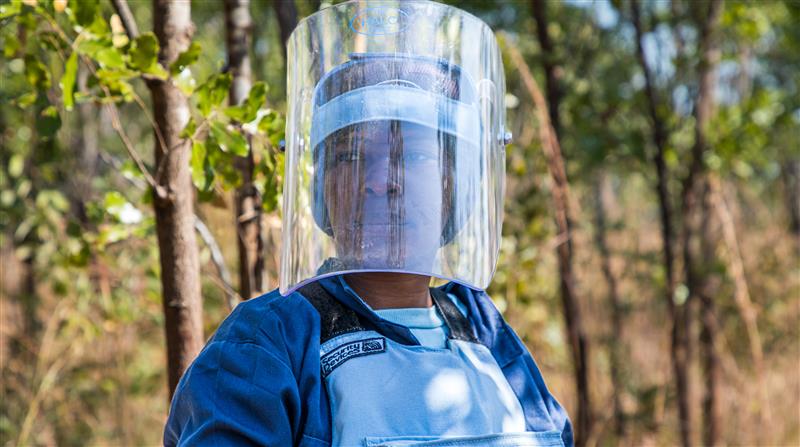Communication Manager Celine Guerin recently visited Tanzania and Zimbabwe to see how timely action by the Start Network, one of the Trafigura Foundation’s newest partners, is helping to prevent or ease crises induced by climate change and other factors.
What was the purpose of your trip?
We wanted to see first-hand the impact that the Start Network’s rapid response mechanism, the Start Fund, is having in one of the areas where the Foundation focuses its support, namely anticipatory action and emergency response.
The Foundation had been looking to deploy its disaster response funding more efficiently, via an organisation with a global presence and an on-the-ground network that can react quickly and effectively to help people caught up in extreme weather events or other emergency situations.
Start Fund fits that description perfectly, and we signed an agreement earlier this year with the Start Network to provide financial support to the fund through 2027.
The trip was also an opportunity to learn more about Start Network’s broader activities, including its anticipation programme.
The first part of your trip was to Tanzania. Where exactly did you go?
Staff from Start Network and two local implementing partners[1] accompanied me and other donors to the Nyarugusu refugee camp, in the Kigoma Region of western Tanzania, about 50 kilometres from the border with Burundi.
The camp, which was built nearly 30 years ago, holds more than 130,000 people. Most of them are from the Democratic Republic of the Congo and Burundi. Some residents have been there for a long time and many of the young people were born in the camp.
Earlier this year, the resurgence of the M23 armed group in DRC triggered a new influx of refugees into Tanzania that threatened to overwhelm the camp, which already operates far above capacity.
Start Fund support enabled local implementing partners to map and project needs, and pre-position supplies of things like shelters, bedding and cooking supplies. They also built up their provision of health services, water, and sanitation, including hundreds of additional latrines.
The local partners offered more psychosocial support including trauma counselling and training to prevent gender-based violence. They also stepped up their work to promote dialogue and peaceful co-existence between the refugees and host communities in four nearby villages.
All this was done within 60 days of Start Fund receiving an alert, meaning that some of the most immediate needs of the new arrivals could be met without adding to the pressures on those already living in and around the camp.
[1] ActionAid Tanzania and Disability Relief Services Tanzania
